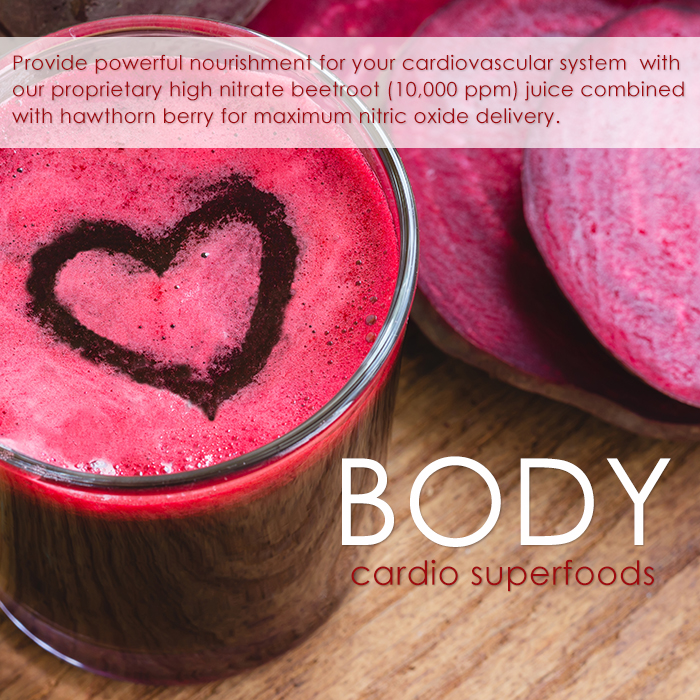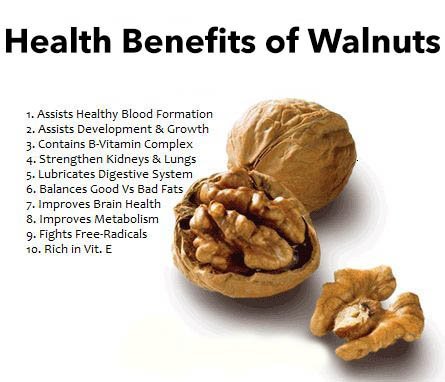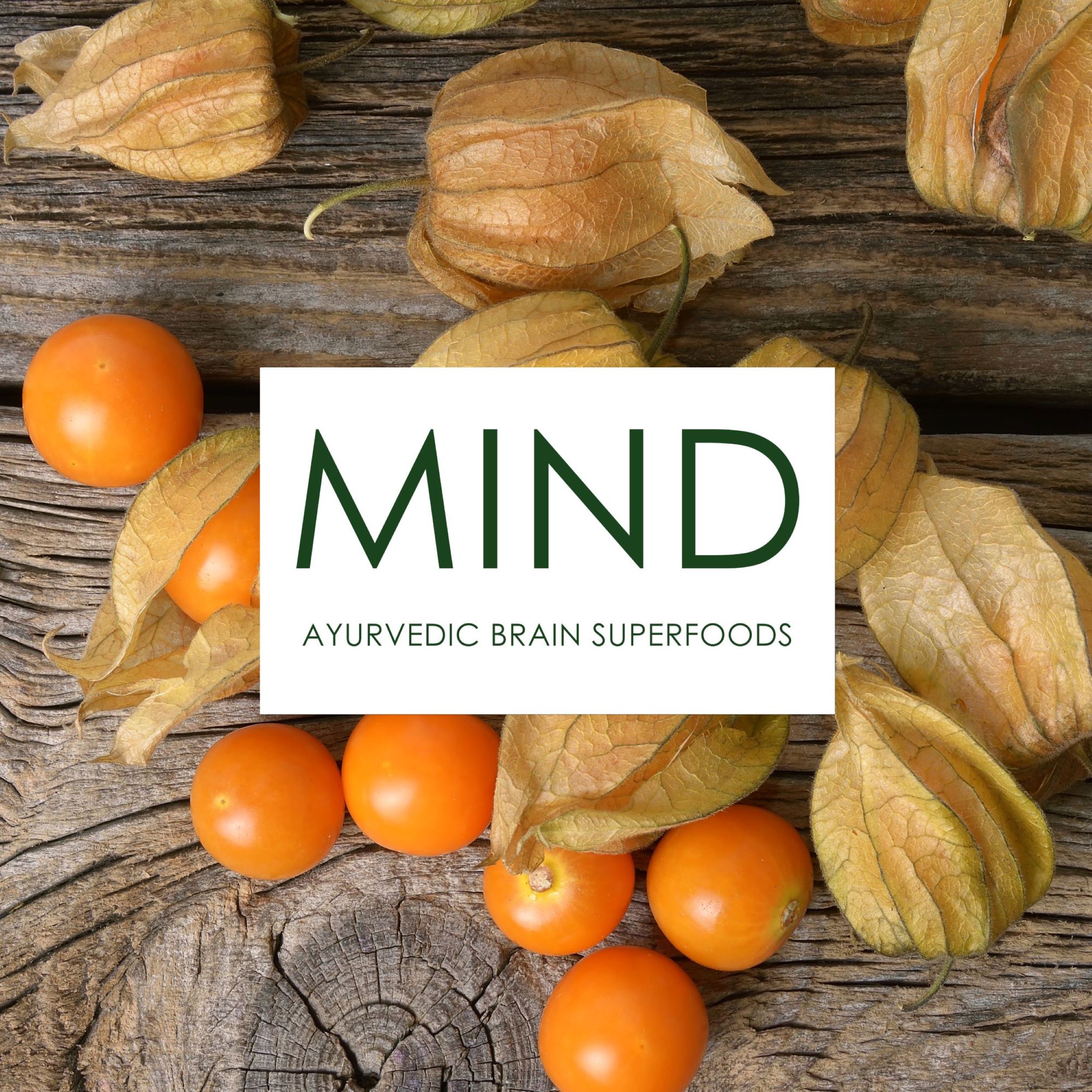 There are many foods to choose from when it comes to eating for brain health.
There are many foods to choose from when it comes to eating for brain health.
We cannot deny that as we age, our brains’ age too. However, research is proving that you can actually increase your chances of maintaining a sharp and healthy brain well into your senior years.
Add these “smart” and top foods for brain health to your everyday food choices and experience some wonderful brain boosting effects.
1. Eggs
Believe it or not, eggs are a super food. Eggs are rich in choline (a B vitamin-like nutrient). Hence, eating eggs is important for maintaining memory. Choline also supports the communication between your brain cells. That’s important!
Researchers at Boston University tracked the eating habits of about 1,400 healthy adults for a span of 10 years. What they found was that choline intake had a positive correlation to better brain performance on different types of memory tests.
Also, eggs are also a great source of vitamin E. Vitamin E is shown in studies to benefit the brain by slowing cognitive decline.
Another great thing about eggs is that they are one of the few natural foods that contain the vital nutrient Vitamin D. One egg yolk contains 10{61feb7ed6994bee0083d854d60c502a256f7f0ba150d0209cd9ddbafe17bc79f} of the daily value of vitamin D you need.
Considering that many Americans are now deficient in this valuable vitamin, it is a great excuse to fry up that omelet! (Just make sure you do it in coconut oil or ghee!)
More on Vitamin D….
A study in 2011 showed that Vitamin D acts as a “neuroactive steroid” when it comes to brain development.
Vitamin D deficiency has been linked to Alzheimer’s, Dementia, Cognitive decline, Depression, and Parkinson’s disease, and even cancer.
I am a huge fan of eggs if you can raise your own hens. Industrial farming is unhealthy and cruel so if you want good eggs, get 4-6 chickens and raise them yourself.
Chickens are entertaining to watch and easy to take care of. Most cities allow backyard chickens nowadays, but be sure and check your local laws.
If you don’t wish to raise your own, the next best thing would be to buy from a local farmer or a neighbor who has hens.
Bottom-line, eggs are a top food for brain health!
2. Walnuts
All types of nuts are healthy for your brain, but walnuts are considered king when it comes to brain food. They are a great source for omega-3 fatty acids, among other things.
In addition to healthy fats, walnuts contain vitamin E and antioxidants.
Vitamin E helps shield cell membranes from free radical damage. This helps to slow mental decline as we age.
According to a study done in 2014, walnuts have been proven to sharpen memory and improve cognitive function. Eating walnuts can also help prevent neurological disorders.
As mentioned, walnuts are a wonderful source of vitamin E. Vitamin E intake is shown in research to help prevent Alzheimer’s disease.
Turns out, you will also have a happier, healthier heart if you make eating nuts a staple of your diet.
What’s cool about walnuts is that they actually resemble a tiny human brain. On a subconscious level perhaps Mother Nature is communicating with us. Well, Mother Nature must know what’s she’s doing because walnuts are one of the best things to consume for brain health!
More Research Showing Walnuts are Top Food for Brain Health
A study done by researchers at Chicago’s Rush University Medical Center involved studying the lifestyle habits of 6,000 people.
These people were unaffected by Alzheimer’s disease and were found to consume high levels of vitamin E rich foods. Vitamin E may trap free radicals and improve cognitive function, which would help prevent diseases of the brain.
3. Spinach
Spinach helps build lean muscle and is a popular additive in green smoothies. It also helps improve cognitive function and is shown to decrease Alzheimer’s Disease.
In the 70s, the popular cartoon, Popeye, was a wonderful advertisement to make sure children ate plenty of spinach.  Kids wanted to be “strong” like Popeye so they were less likely to leave that spinach sitting on their plates than the kids of today.
Kids wanted to be “strong” like Popeye so they were less likely to leave that spinach sitting on their plates than the kids of today.
The days of Popeye are long gone and it seems our society has lost this valuable lesson to teach our youth:
“Kids, eat your spinach!!”
You won’t find many other plants that can compete with spinach when it comes to the range of important vitamins and minerals it contains.
Three of these very valuable nutrients in spinach are magnesium, iron, and calcium.
A handful of spinach leaves also gets you plenty of vitamins C, E, K, A, B6, and niacin (which is great for gorgeous hair)!
Because spinach is so rich in the B vitamin folate, it is a super brain food. That’s why I’ve included this as a top food for brain health.
Dark, leafy greens like spinach are loaded with folate. Folate has been shown to reduce levels of homocysteine, which is toxic to brain neurons. Thus, eating spinach helps decrease brain toxicity.
All these powerful vitamins and minerals found in spinach give the brain a boost and help offer protection by fending off debilitating mind diseases such as dementia.
The MIND diet combines the popular Mediterranean diet and DASH diet.
Both these diets have been touted as having great benefits to your health. These diets advise eating a large amount of leafy greens and cruciferous vegetables such as broccoli and cauliflower, which are also great brain foods.
Research shows that eating just a cup of dark, leafy greens per day can keep your brain in good working order.
A study showed eating a cup of leafy greens per day caused the brain to be an unbelievable 7 1/2 years younger! The study also showed that subjects were 53{61feb7ed6994bee0083d854d60c502a256f7f0ba150d0209cd9ddbafe17bc79f} less likely to develop Alzheimer’s disease.
4. Flax
Flax-seed is another great brain food. It’s easy to sprinkle on a salad or cereal. You can also add flax-meal to smoothies.
Eating flax will give you a healthy dose of ALA fat (alpha-linolenic acid). This gives your cerebral cortex a performance boost. Your cerebral cortex is the area of the brain that registers your touch and taste senses.
ALA fat also repairs nerve tissues and damage to the brain from environmental toxins.
Flax-seed is great nutrition for your brain and has been shown in studies to lower your risk of developing cognitive diseases such as Alzheimer’s disease. It is no doubt a top food for your brain health.
5. Beets
Beets are well-known for their benefits to the heart, but they also increase blood-flow to the brain when eaten.
Beets are great pickled, roasted or baked. I personally love to juice them. They add beautiful color to fresh raw juices.
When I’m in a hurry, I get 10,000ppm of beetroot nitrate by taking just a 1/2 tsp of BODY. Click the image below for more information.

No matter how you eat or drink them, beets give you a wonderful blast of goodness to your brain in the form of natural nitrates. By boosting blood-flow to the brain, you are naturally boosting the brain’s performance.
Just one serving of BODY provides powerful nourishment for your cardiovascular system and helps reduce chronic inflammation with our proprietary high nitrate beetroot (10,000 ppm) juice combined with hawthorn berry for maximum nitric oxide delivery.
The pigments, inorganic nitrates, vitamins, and minerals found in beets have a number of health benefits, including blood-pressure lowering effects.
As we age, we can experience a reduction in blood flow to the brain, which can contribute to its decline and lead to diseases like dementia. The nitrates found in beets promote the dilation of blood vessels and may improve mental and cognitive abilities.
Studies show beets improve blood flow particularly to the frontal lobe of the brain, which is an area associated with higher level thinking.
In addition, things like decision making and memory are affected by blood flow and oxygen available to the brain.
6. Red Meat
Red meat is a rich and readily available source for B12.
Studies show that it would have been biologically impossible for humans to evolve such a large brain on a raw, vegan diet and eating meat was a crucial element in the evolution of mankind.
The body only needs small amounts of B12, but it is a much needed nutrient.
Older people don’t absorb B12 as readily through their guts as they age. Therefore, the older you get, you have a greater need to get more B12. Of course one way to do this is to eat more red meat.
With that said, please buy only local farmed meat or organic, grass-fed meat that you can verify was raised and treated humanely.
Other Foods That are Top Food for Brain Health
- Blueberries
- Avocados
- Kale
- Broccoli & other cruciferous veggies
- Fish, including salmon and sardines
Adding some of these powerful brain-foods into your diet everyday won’t be that difficult.
Have a spinach salad topped with boiled eggs and walnuts with your steak. Grab a handful of nuts and berries for an afternoon snack. Steam some broccoli with some grilled salmon!
Beets are great to run through a juicer if you aren’t a fan of eating them whole. And flax-seed is easy to throw into salads or bread mixes. I like to make grain free salmon patties with flax meal.
However you choose to incorporate these top brain foods, I’m sure you’ll be smarter if you do!
Sources for this Article
- Framingham Heart Study Boston University
- Brain Food and Egg Yolks
- Vitamin D and Chronic Diseases
- Effects of Vitamin E on Cognitive Performance during Ageing and in Alzheimer’s Disease
- The 9 Best Foods to Eat to Boost Your Brain Health
- Review of Neuro-nutrition Used as Anti-Alzheimer Plant, Spinach, Spinacia oleracea
- Fish, Flaxseed May Lower Alzheimer’s Risk
- The Potential Benefits of Red Beetroot Supplementation in Health and Disease
- Late-onset dementia: structural brain damage and total cerebral blood flow
- Evidence that Alzheimer’s disease is a microvascular disorder: the role of constitutive nitric oxide
- Red meat and the size of our brains
- Eat Smart for a Healthier Brain
Recommended Product:
- Maximize your brain’s performance
- Protect your brain against cognitive decline
- Support your body in deep and restful sleep
- Calm your mind and uplift your mood
Ingredient Highlights















